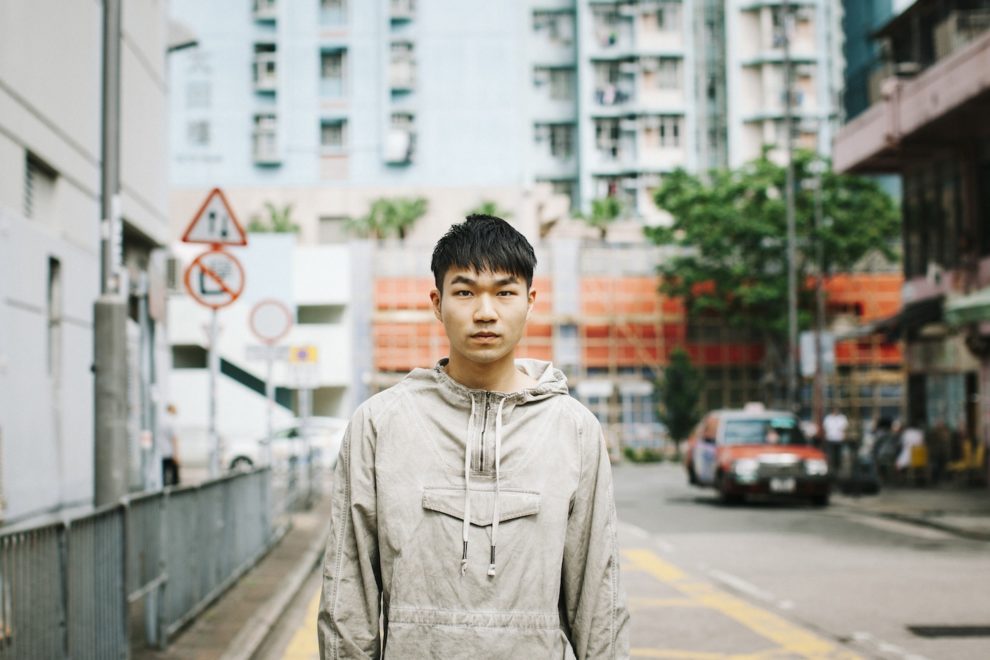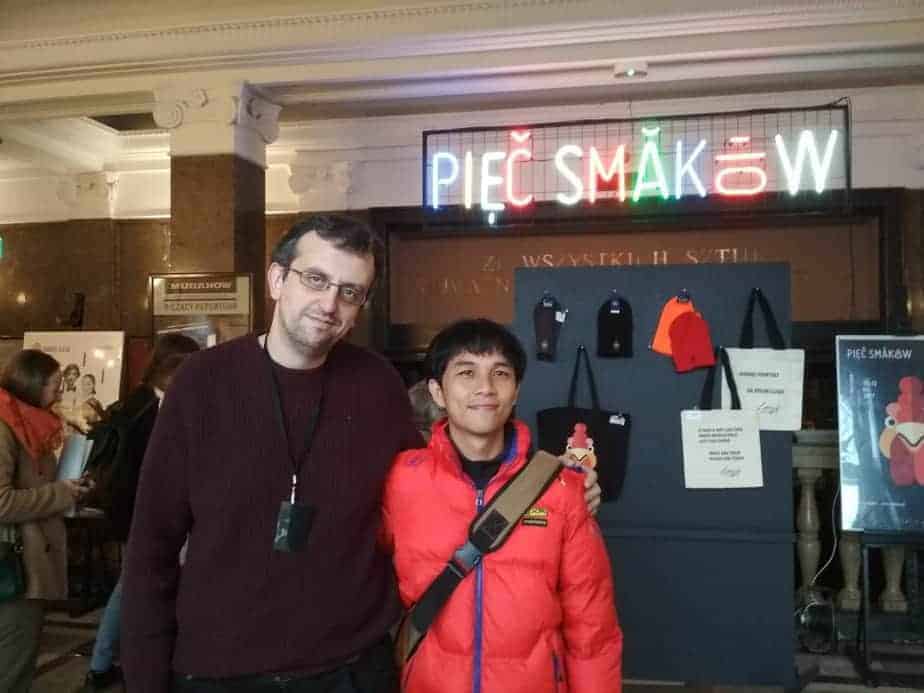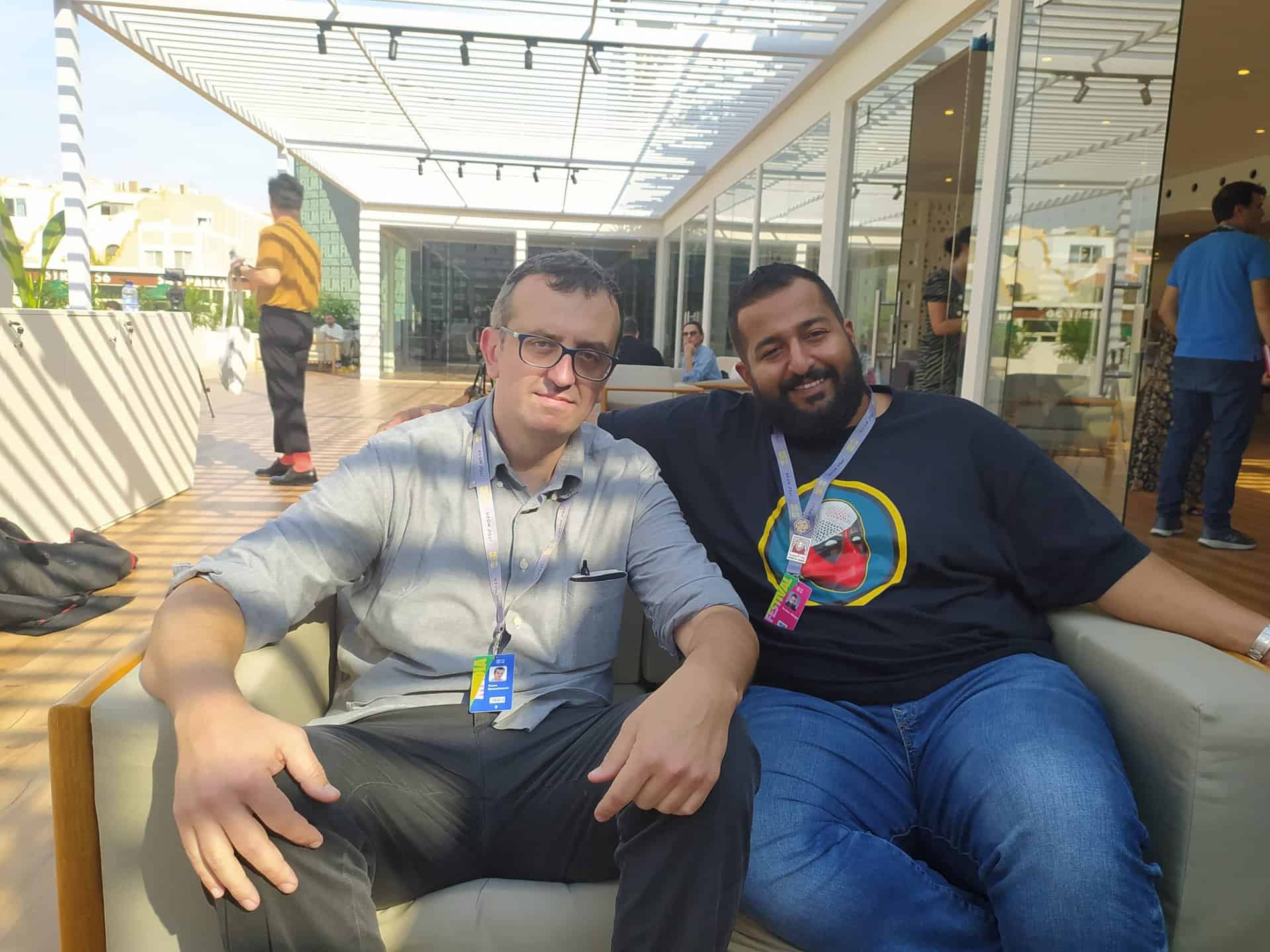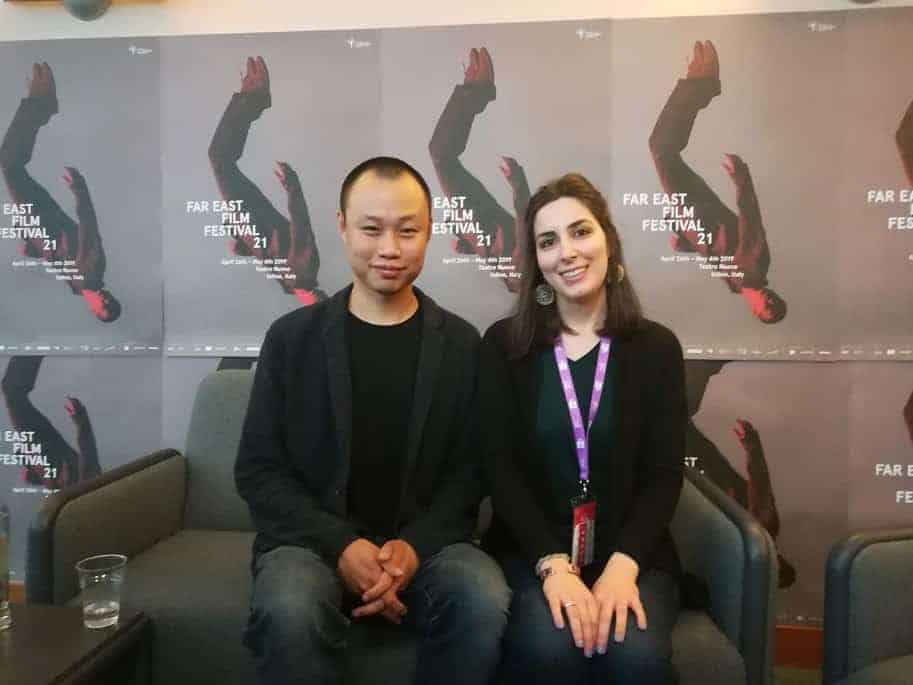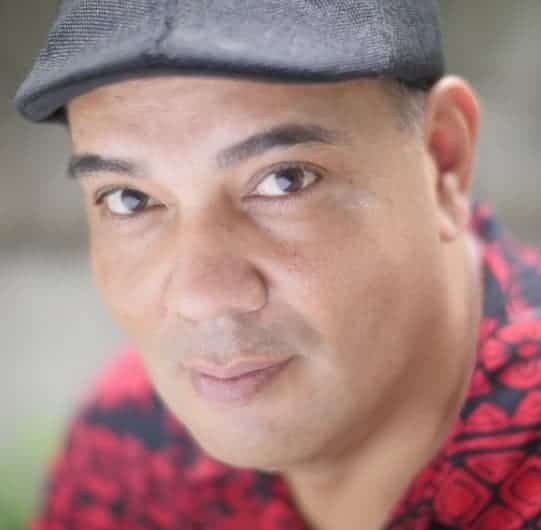Jun Li (1991, Hong Kong) studied journalism in Hong Kong and gender studies at Cambridge. He released two short films before directing his feature debut Tracey (2018), about a man in his 50s coming out as transgender. The film was nominated for three awards at Golden Horse Film Festival. Drifting (2021) is his second feature film, with its world premiere at IFFR.
We speak with him about the poor and homeless and the cleanings the Hong Kong government implemented, the challenges he had to face during the shooting, the casting, and many other topics.
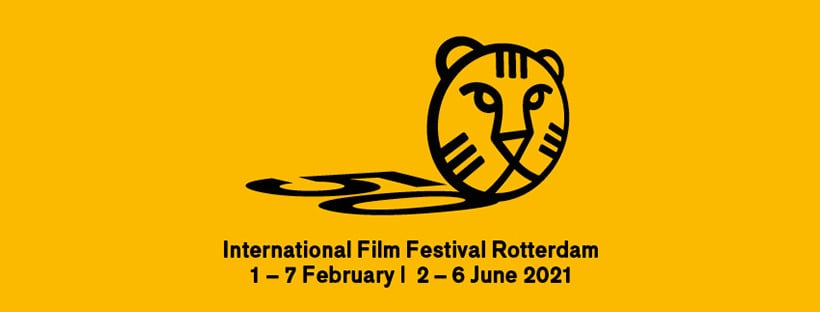
What kind of research did you do for Drifting?
When the street cleanings in 2012 happened, to which I refer in particular, I was 20 year old. This impressed me much and since then, it was a topic I followed. I studied journalism at the university and wrote some articles on it in the student publication. To prepare for the film I went through the news and articles of that period and made researches on the actual situation by getting in touch with the community for example.
Were you able to approach real homeless people? How did you manage and what were the reactions to your project?
Yes, I did. Not everyone was very welcoming of course, but most were very friendly. They are used to outsiders. To church people for example, or social workers that bring them food and offer other kind of assistance to them.
Drug addiction seems to be one of the causes for people to lose their home. What would you say are probably the others?
Drug addiction is there before people become homeless, but often also happens to them afterwards. Of course it's normal to ask this question, but personally, I am not interested in the causes that lead or led the people to be homeless. There is a scene in the film that is a reaction to that, too. The story is about life in the street. No matter where the people come from and who they are, they still preserve their dignity. I wanted to show that people build a community, they stay together and connected, since it's important for them to survive.
Do you know how difficult it is and if it takes long for people to be accepted into social housing?
Actually it's very difficult. There are a lot reasons why they might be refused. The civil status for example is very important. Family members get more easily taken, also disabled persons. The applications of a certain group of people can be privileged. For some it can take ages.
Have you witnessed such cleanings?
Well since 2012, on which I refer in particular, there have been several new ones for sure. The last big ones where at the beginning of 2020, for example. It is however very unlikely that you will be witnessing any with a normal everyday life routine, since the cleanings are always at night or in the early mornings. Of course, then the media take interest in it. And is how you get aware of it.
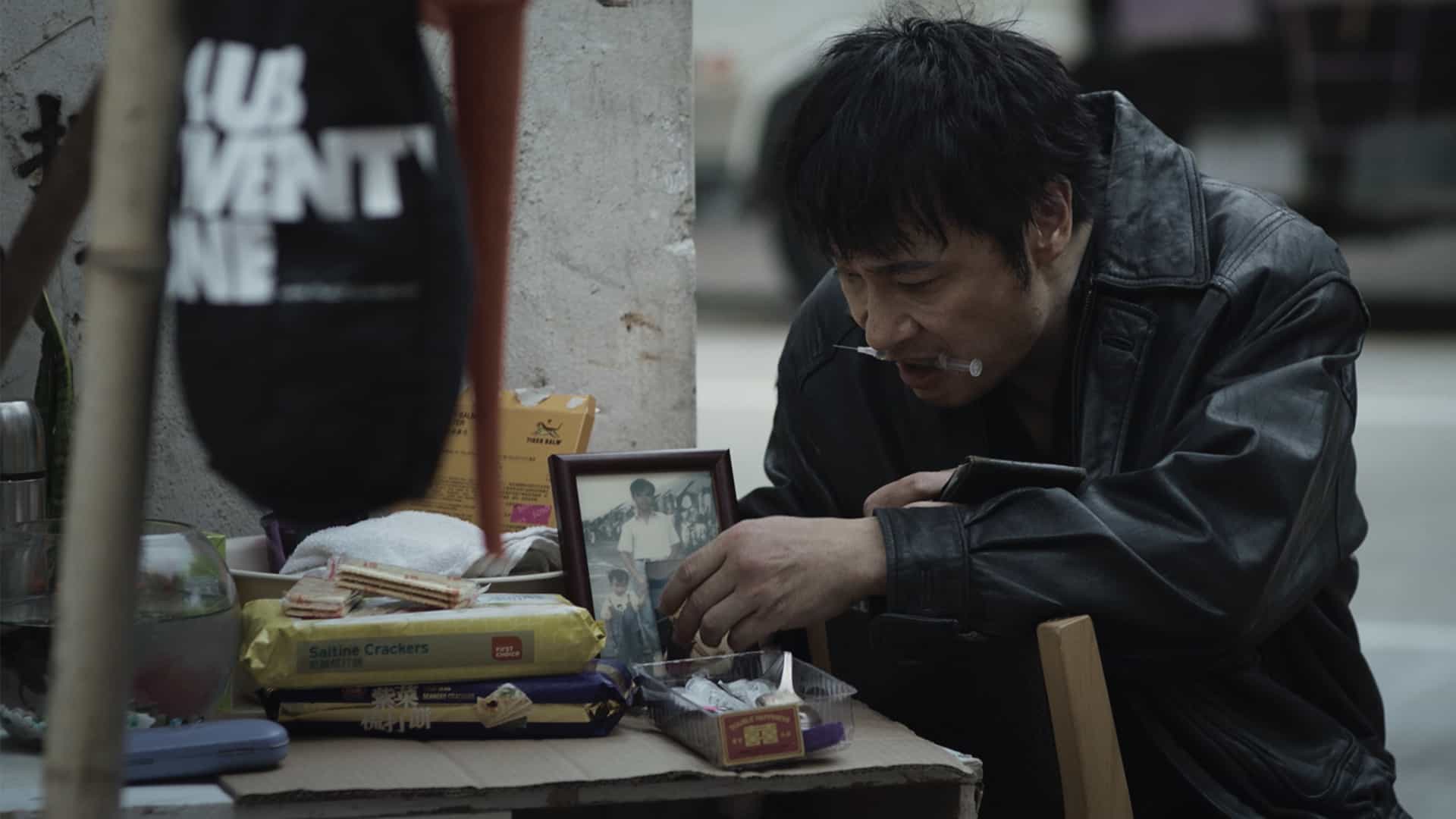
You choose to focus on the perspective of the homeless. Did you decide from the beginning to leave the perspective of the officials such as the police and the government out?
Yes, I wanted that from the beginning. It's exact that perspective I was interested in.
Concerning the legal circumstance of the homeless in Hong Kong, did you have access to documents or could you talk to people in charge?
I contacted several social workers, who were very friendly. One man in particular was the inspiration for the female social worker in the film. Concerning the trial in 2012, there are court records I could use for my research.
What was the reason for you to use the perspective of the main protagonist Fai?
I see it more as an ensemble cast, than a story told from the perspective of one main protagonist. All the characters have a background and the part of “Master” gets even a separate storyline. Fai has a little bit more of attention, but I wanted to use multiple perspectives and not only a single one.
How did you find your actors?
I just approached the actors I wanted to have for the film. Francis Ng, for example, who is a very well known actor in Hong Kong, read the script and liked it. I like how he is capable to walking in the line between insane and sober, what was just what we needed for the part. As for Loletta Lee, I was impressed with her performance since “Ordinary heroes” (“Qian yan wan yu“, 1999). There is a treasure in her. She can be fragile and at the same time very strong.
What were the biggest challenges during the shooting of the film?
It was very difficult to finish the shooting, since the social movement in Hong Kong put the citiy in chaos. We had to change some of our plans, since a lot of our scenes were set on the streets. We had some logistic problems to solve, in order to avoid to have to build and rebuild our setting. Of course the situation was also emotionally challenging because of its seriousness.
Which are some of your cinematographic influences?
I would surely mention Ann Hui, a Hong Kong film maker that has a more humanistic approach to cinema.
Will you be able to screen the film to representatives of the community you depict in it?
Yes, we plan to. However the people we talk about in our film are not there anymore. There is a new group to which we will be showing the film.
Do you think the situation of the homeless in Hong Kong might change in the near future?
A lot of them live on parking lots, but get kicked out from there regularly. There are a lot of redevelopment projects going on in Hong Kong which affect their life massively. There are no easy solutions, especially if the land keeps being privatized. We need to think about creative ways to face the problem and incorporate this kind of living into the rest of our society.


